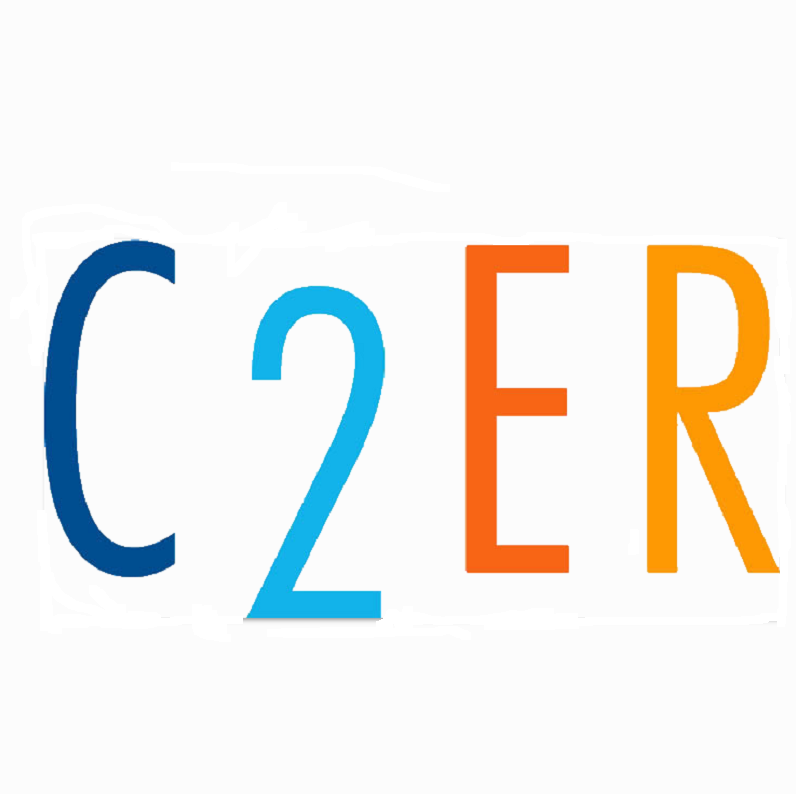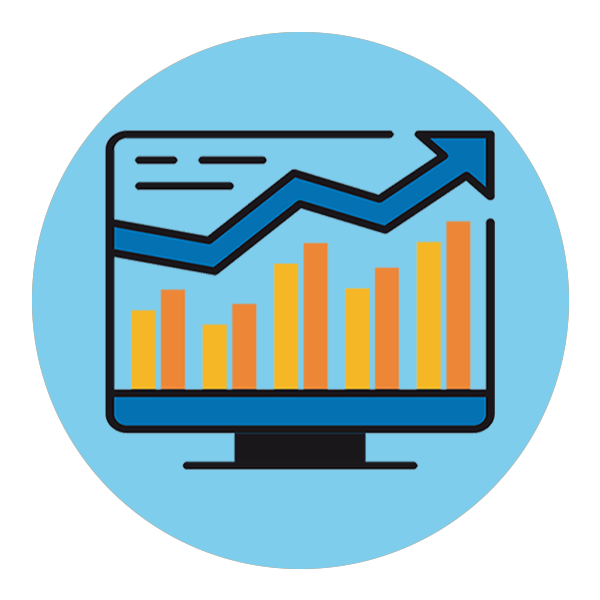Description
This three-hour, video-based course provides economic developers and researchers with an introduction to key data sources, research methods, and tools to support state and regional economic development strategies. Course exercises demonstrate and reinforce the basic analytical skills needed to address real-world questions that policymakers and practitioners encounter.
Course Objectives:
- Understand the role of data (and the types of data available) in driving economic development decision-making.
- Determine how you will organize the data you collect.
- Use key public and commercial statistical data as a foundation for state, regional, and local economic development research.
- Classify data using classification codes–federal statistical standards for grouping similar data.
- Apply fundamental regional data analysis techniques.
- Use publicly available labor market analysis datasets and tools.
- Gain familiarity with the process and available datasets for conducting competitive market intelligence research.
- Use U.S. Census Bureau tools to conduct Longitudinal Employment Household Dynamics (LEHD) research for your region.
- Deliver research findings in an effective manner.
Course Content
SECTION 1: COURSE INTRODUCTION
Applying Data to Economic Development Research
- Module 1: The Benefits of Data-driven Decision-making
- Module 2: First Steps in Organizing Your Data
SECTION 2: ACCESSING AND USING ECONOMIC DEVELOPMENT DATA SOURCES
Using Key Federal Data Sources: A Guide to the 'Big Three' Statistical Agencies
- Module 3: Key Customers and Their Information Needs
- Module 4: Key Public Data – U.S. Census Bureau
- Exercise: Access Regional and National U.S. Census Bureau Data
- Module 5: Key Public Data – The Bureau of Labor Statistics (BLS)
- Exercise: Obtain Regional Employment Information from BLS
- Module 6: Key Public Data – Bureau of Economic Analysis (BEA)
- Exercise: Obtain Regional Data and GDP Information from BEA
Using Other Key Public and Commercial Data Sources
- Module 7: Conducting Research with Other Federal and Commercial Statistical Resources
SECTION 3: USING LABOR MARKET DATA AND INTERPRETING REGIONAL TRENDS
Classifying Labor Market Data According to Standard Systems
- Module 8: Understanding Federal Data Classification Systems
Evaluating Regional Data Trends
- Module 9: Beginning Regional Data Analysis
- Exercise: Perform an Employment Growth Trend Analysis (Part 1)
- Exercise: Perform an Employment Growth Trend Analysis (Part 2)
Conducting Labor Market Analysis
- Module 10: Accessing Key Data Sources for Labor Market Analysis
- Exercise: Accessing and Understanding IPEDS and OES-O*NET Data
- Module 11: Applying Analytics Strategies to Labor Market Analysis
SECTION 4: APPLYING DATA TO COMPETITIVE MARKET INTELLIGENCE RESEARCH
Conducting Competitive Market Intelligence Research
- Module 12: Accessing Competitive Market Intelligence Data Sources
- Exercise: Use C2ER Datasets for Regional Data Analysis
SECTION 5: USING U.S. CENSUS DATA TO RESEARCH LOCAL EMPLOYMENT DYNAMICS
Using Longitudinal Employer Household Dynamics (LEHD) Data
- Module 13: An Introduction to LEHD – Data Products and Data Mapping
- Module 14: The OnTheMap Data Mapping Tool – Uses and Settings
- Exercise: How to Use OnTheMap (Part 1)
- Exercise: How to Use OnTheMap (Part 2)
SECTION 6: REPORTING RESEARCH FINDINGS
Techniques and Best Practices for Presenting Research
- Module 15: Effectively Communicating Research Findings
If you have questions about this course or experience any technical issues, please e-mail elearning@c2er.org.


